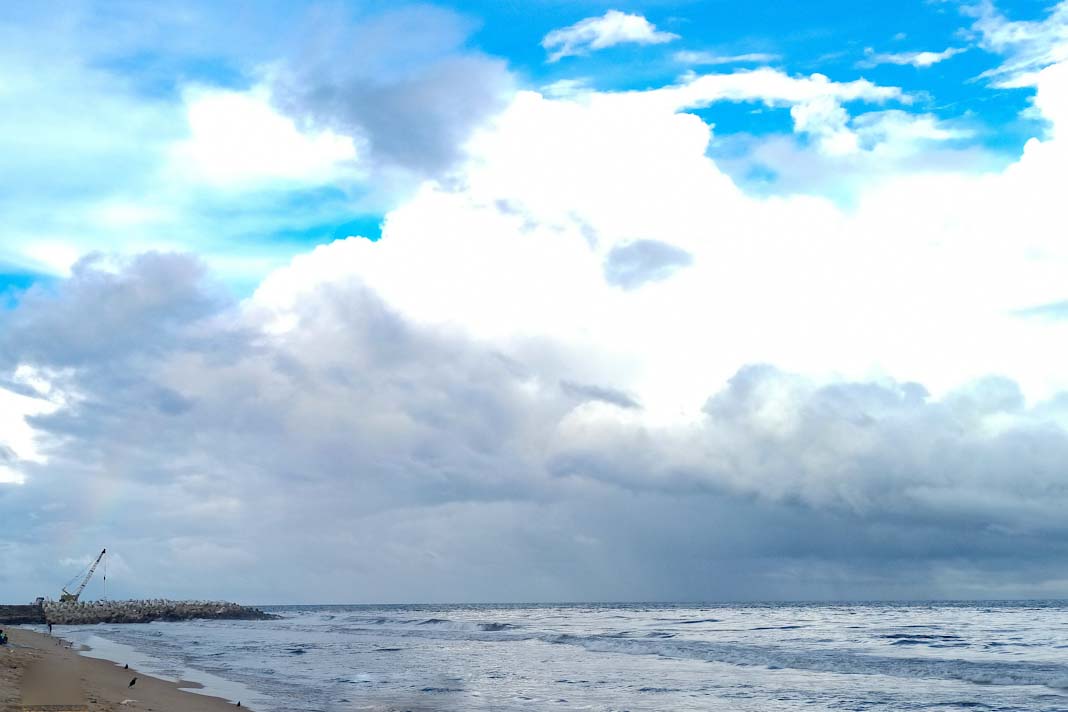
- Wasaline becomes the first fully carbon-neutral shipping company in the Baltic Sea through a Gasum biogas supply deal and integration into Stena Line’s FuelEU Maritime pooling framework.
- Vaasa–Umeå route officially designated as the world’s first operational international green shipping corridor by DNV.
- Carbon neutrality achieved five years ahead of schedule, with no added cost to customers, supported by future battery upgrades for zero-emission port operations.
Finnish–Swedish operator Wasaline has reached full carbon neutrality for all freight and passenger services, marking a first for the Baltic Sea and a major step in short-sea shipping decarbonisation. The transition is powered by a certified renewable biogas supply agreement with Nordic energy provider Gasum, coupled with participation in Stena Line’s FuelEU Maritime pooling program. The flagship ferry Aurora Botnia now operates exclusively on renewable biofuels, with the Vaasa–Umeå link recognised as the first active international green shipping corridor under DNV’s Nordic Roadmap initiative.
Strategic Partnerships Enable Early Achievement
Wasaline’s goal of carbon neutrality, initially set for 2030, has been achieved in 2025 thanks to collaboration between:
- Gasum, supplying certified renewable biogas for daily operations.
- Stena Line, integrating Aurora Botnia into its FuelEU Maritime compliance pool.
- DNV, verifying the corridor’s green designation.
- Managing Director Peter Ståhlberg highlighted that Wasaline chose to view regulatory changes as opportunities rather than obstacles, achieving climate goals without transferring additional costs to customers.
FuelEU Pooling Unlocks Renewable Fuel Capacity
The FuelEU Maritime pooling mechanism allows multiple operators to share greenhouse gas (GHG) intensity limits across their fleets. By joining Stena Line’s pool, Wasaline gained access to greater renewable biogas capacity, reducing overall fuel costs and enhancing emissions compliance. Stena Line CEO Niclas Mårtensson noted that pooling strengthens their competitive position as renewable fuels face growing supply constraints.
First Operational Green Shipping Corridor
DNV’s confirmation of the Vaasa–Umeå corridor as the first operational green route aligns with the Clydebank Declaration and EU decarbonisation policy goals. The designation underscores the role of regional cooperation in scaling zero-emission shipping solutions.
Battery System Upgrade to Further Cut Emissions
Beyond renewable fuel use, Aurora Botnia will undergo a major battery upgrade by January 2026, expanding capacity from 2.2 MWh to 12.6 MWh. The project, developed with AYK Energy, Foreship, and Wärtsilä, will enable zero-emission port stays and low-speed manoeuvring, further reducing fuel consumption.
Biogas as a Scalable Maritime Fuel Solution
Gasum Vice President Jacob Granqvist stressed that renewable biogas is already a proven and commercially available maritime fuel, produced from certified renewable feedstocks under EU RED II standards. The company plans to expand availability across the Nordics, presenting a replicable model for maritime fuel compliance.
Implications for the Bunkering Sector
Wasaline’s approach offers a blueprint for short-sea and regional operators navigating FuelEU Maritime and EU ETS requirements. Key strategies include:
- Securing long-term biogas or bio-LNG supply through upstream agreements.
- Leveraging FuelEU pooling to manage GHG compliance efficiently.
- Integrating renewable fuels with battery storage to reduce port fuel use.
- Achieving climate targets without increasing costs to shippers or passengers.
This model demonstrates how bio-based marine fuels can be combined with energy efficiency measures to deliver commercially viable carbon neutrality under tightening maritime fuel regulations.
Did you subscribe to our daily Newsletter?
It’s Free Click here to Subscribe!
Source: Bunker Market
















